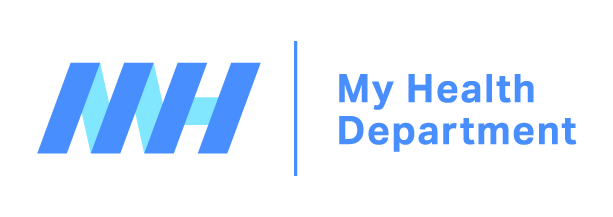
NOTICE: Gov. DeSantis has directed parties accessing public beaches in the State of Florida to follow the CDC guidance by limiting their gathering to no more than 10 persons and distancing themselves from other parties by 6 feet. Local authorities have been given discretion by the Governor to make decisions about whether public beaches should be closed. Some have closed their Ocean or Gulf beaches. This decision is made in an attempt to reduce the spread of the virus into new communities and to slow the spread of infection in communities already affected by the virus. Before you drive there, we suggest you visit the city or county webpage to see if they have closed their marine beach(es) for the next several weeks. If a beach is closed to the public water quality will not be monitored and water quality advisories will not be issued.
| County | City | Link |
|---|---|---|
| {{row.county}} | n/a | Show Beaches |
Contact
PLEASE NOTE:
Fecal indicator bacteria are monitored routinely. The results and any advisories are posted on the individual county pages above. The State of Florida will continue to monitor the situation and will take appropriate measures to protect the health of residents and visitors if conditions change. You can view more information on algal blooms (both red tide and blue-green algae) or Vibrio vulnificus using the links to the right. Contact the Public Beach Water Program Email: Under Florida Law, e-mail addresses are public records. If you do not want your email address released in response to a public records request, do not send electronic mail to this entity. Instead, contact this office by phone or in writing. AskEH@flhealth.gov Phone: 850-245-4240 Physical Address: 4052 Bald Cypress Way, Bin A-08, Tallahassee, FL 32399-1710 Beach Water Quality, Program Overview In 1998, five of Florida's coastal counties began monitoring for enterococci bacteria under a grant-funded pilot program. By the beginning of 2000, 11 Florida counties were participating in the program, which continued through July 2000. In August 2000, the Beach Water Sampling Program was extended to 30 of Florida's coastal counties through state legislation (Senate Bill 1412 and House Bill 2145) and funding. In addition, sampling under the new program include fecal coliform as well as enterococci bacteria. The rationale for selecting these two bacteria for analysis and implications of the sampling results are described below. In August 2002, the beach water sampling program also began collecting water samples on a weekly basis with additional funding from U.S. EPA. Changes to funding levels in 2011 resulted in a return to bi-weekly sampling, the elimination of all fecal coliform sampling, and a reduction of the number of sample locations. Since enterococcus bacteria are indicators of the same types of pollution as fecal coliform bacteria, this did not affect the safety of Florida Residents. At this time sampling in the northern parts of the state was also suspended during the winter months, November through February. Health Implications Enterococci are enteric bacteria that normally inhabit the intestinal tract of humans and animals. The presence of enteric bacteria can be an indication of fecal pollution, which may come from stormwater runoff, pets and wildlife, and human sewage. If they are present in high concentrations in recreational waters and are ingested while swimming or enter the skin through a cut or sore, they may cause human disease, infections or rashes. The statewide testing program tests for enterococci, which the United States Environmental Protection Agency (EPA) opens in new window has recommended states adopt as a saltwater quality indicator. According to studies conducted by the EPA, enterococci have a greater correlation with swimming-associated gastrointestinal illness in both marine and fresh waters than other bacterial indicator organisms, and are less likely to "die off" in saltwater. If an enterococci result were observed to exceed 70 colony forming units per 100 milliliters of beach water sampled and a resampling result also exceeds this value, then an "Advisory" would be issued for the sampling site. Florida Healthy Beaches Program Categories are: Good = 0-35 Enterococci per 100 milliliters of marine water Moderate = 36-70 Enterococci per 100 milliliters of marine water Poor = 71 or greater Enterococci per 100 milliliters of marine water
